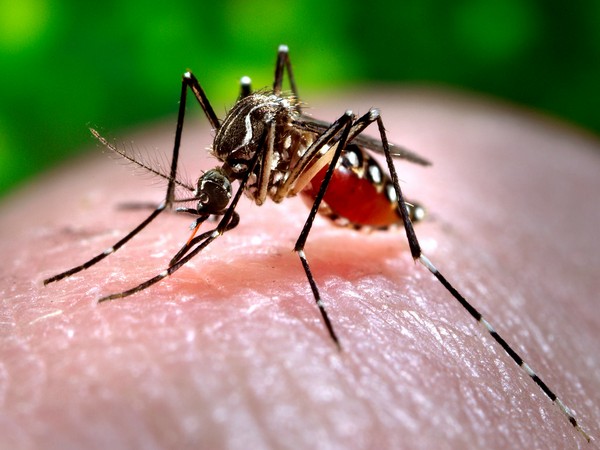Dengue in Pregnancy Linked to Increased Risk of Low Birth Weight and Hospitalization for Infants
Dengue fever during pregnancy increases the risk of low birth weight by 67% and extremely low birth weight by 133%. Infants born to infected mothers face a 27% higher risk of hospitalization within the first three years, particularly during the second year (76%). These outcomes can impact socioeconomic and health outcomes in adulthood. Increased awareness, policy changes, and vector control are crucial to protect pregnant women and their children from dengue fever.

- Country:
- India
Pregnant women infected with dengue fever have a higher risk of birthing babies with low weight, a new study has found. Children born to mothers infected with the mosquito-borne disease during pregnancy were also found to have an increased risk of being hospitalised in the first three years, with the risk being more pronounced in the second year. The study analysed data from pregnant women with dengue fever infection in the Brazilian state of Minas Gerais. This paper sets out robust research which shows that being infected with dengue fever, even with a mild case, whilst pregnant can significantly impact the child’s health, once born.
''These birth outcomes can even have longer-term impacts, for example, previous research has shown that low birth weight can negatively affect socio-economic outcomes and health in adulthood,'' said Livia Menezes, an Assistant Professor in Economics at the University of Birmingham, UK, and co-author of the study published in the American Economic Journal: Applied Economics.
The researchers found that the risk of children born to women infected with the mosquito-borne disease whilst being pregnant and having low or extremely low birth weight increased by 67 and 133 per cent, respectively.
The team also found that infants born to mothers infected with dengue fever during pregnancy were at a 27 per cent increased risk of being hospitalised during their first three years. The increase in hospitalisation risk was found to be the highest in the children's second year - 76 per cent.
''These negative birth outcomes are not only limited to the health of individual children and mothers, but they have a much wider impact on communities where dengue fever is common.
''Hospitalisations and ongoing health issues resulting from maternal infections all have a cost, and one that could be avoided, or at least minimised with increased awareness and improved policy,'' said Martin Foureaux Koppensteiner, an Associate Professor in Economics at the University of Surrey, UK, and the study's co-author.
With climate change enabling the further spread of dengue fever infections, Menezes called for policy changes and government actions.
''Policy changes and things like vector control, updated risk communication with key groups and vaccine adoption can all reduce the risk of pregnant women being infected with dengue. Action needs to be taken by governments and health organisations to provide better protection for pregnant women and their children,'' said Menezes.
(This story has not been edited by Devdiscourse staff and is auto-generated from a syndicated feed.)
ALSO READ
Brazilian DJ Alok infuses his dance music with indigenous songs
IAEA Presents Report on Nuclear Energy to G20 under Brazilian Presidency
Entertainment News Roundup: Ryan Gosling's 'The Fall Guy' is a love letter to stunt performers; Brazilian DJ Alok infuses his dance music with indigenous songs and more
Entertainment News Roundup: Taylor Swift fans descend on London pub name-checked on album; Brazilian DJ Alok infuses his dance music with indigenous songs and more
Brazilian Authorities Inter Deceased Migrants Found on Abandoned Boat from Africa










